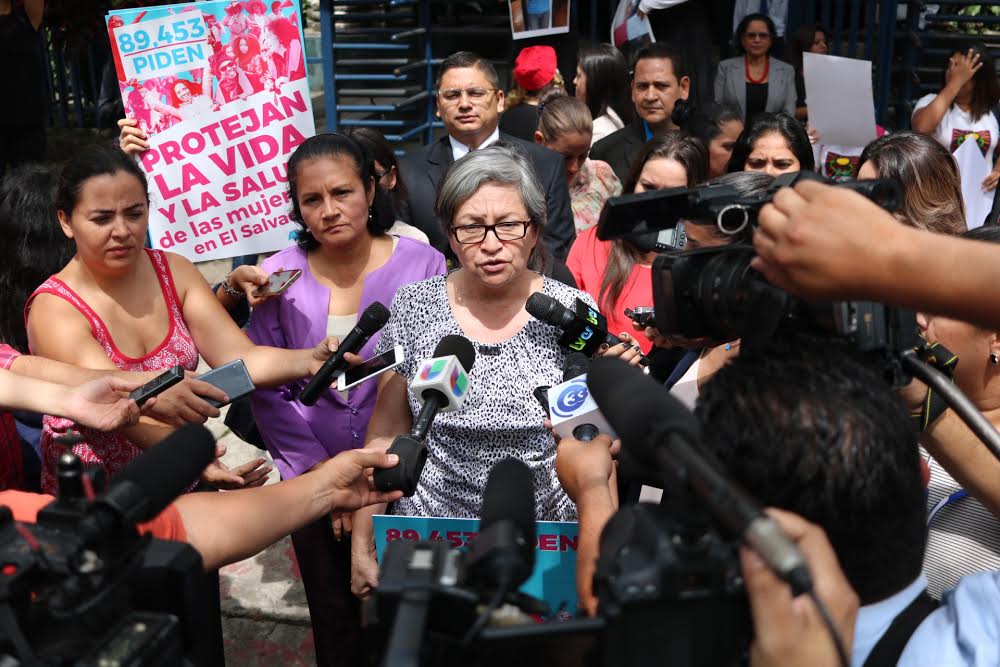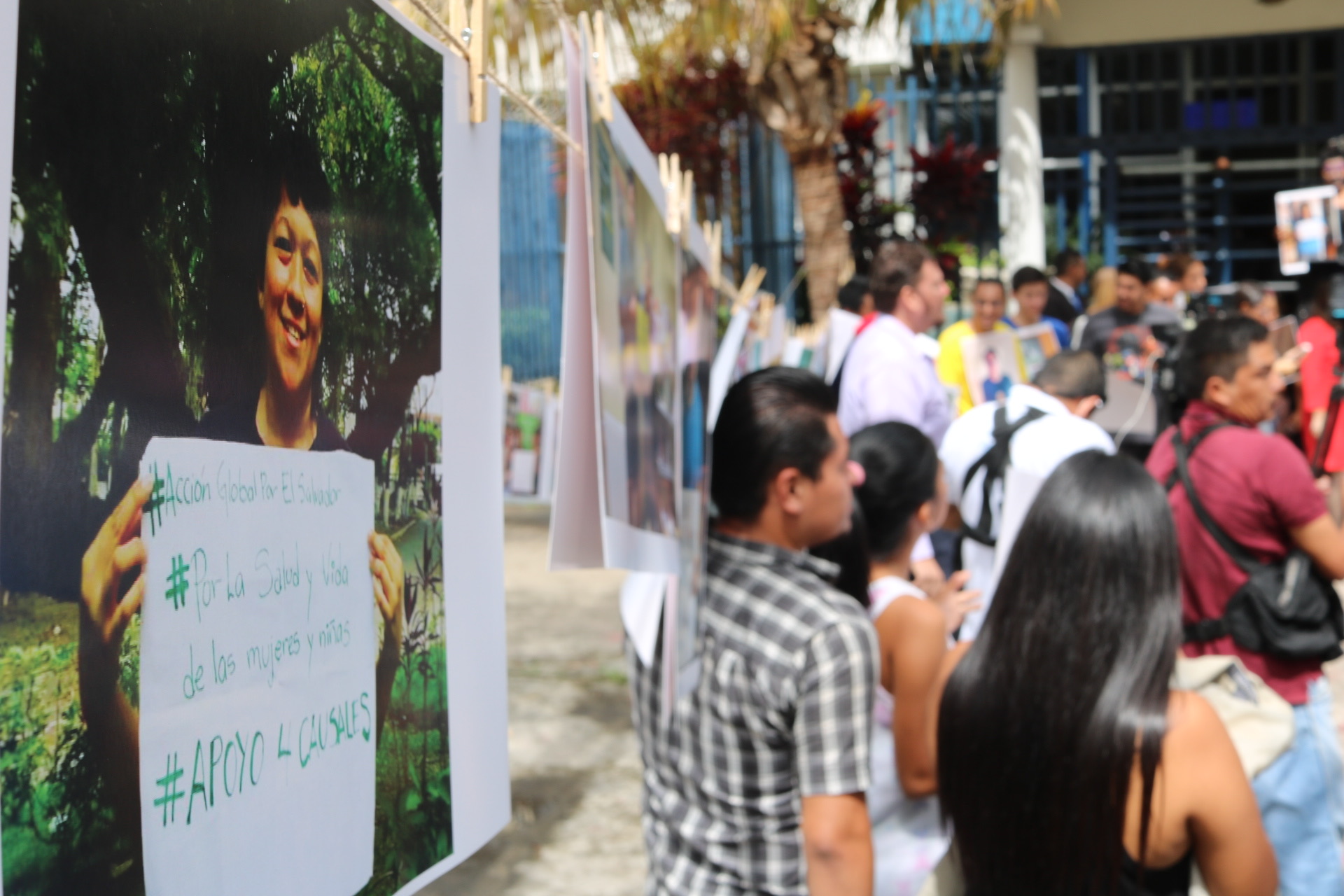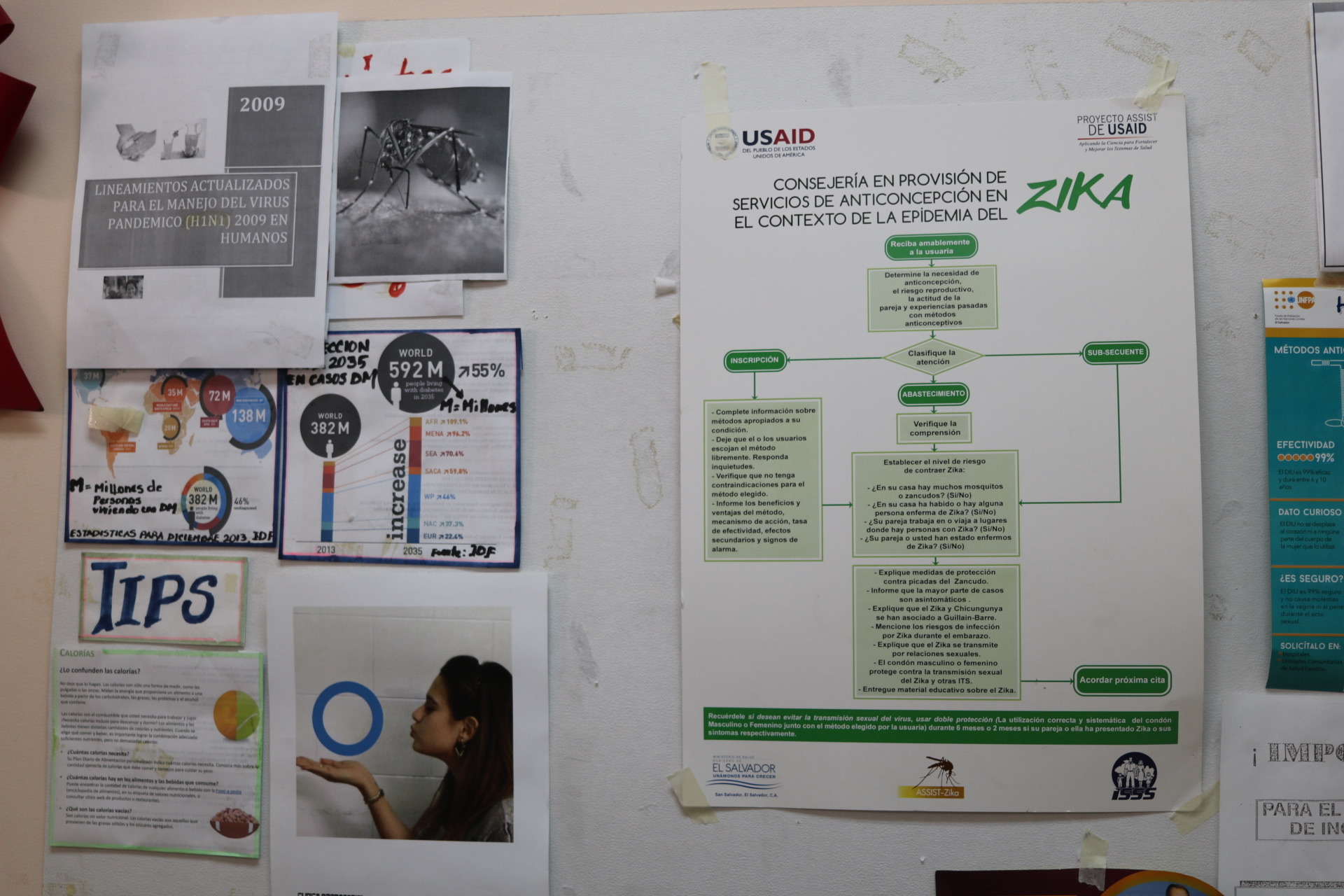
In 2015, the Zika virus and its ties to microcephaly were dominating international headlines. But by 2017, the apocalyptic predictions had failed to appear and many western media journalists packed their bags and moved on to the next emergency. However, in countries directly affected by the outbreak, many of the underlying cultural, political and economic factors that had put them at risk in the first place remained.
The first case of Zika was confirmed in El Salvador in 2015, and the country still holds a 'Level 2 Travel Alert' from the Center for Disease Control.
El Salvador also leads Latin America in adolescent pregnancy and femicide, and it is an annual contender for the distinction of being the murder capital of the world. Reproductive health education is extremely limited, contraception hard to access, and abortion illegal under any circumstance. Even a miscarriage can lead to 30 years in jail. "There is no hope for women in El Salvador," sighed one international aid worker.
And then came Zika.
But, perhaps this was an opportunity. Since Zika affects pregnant women and is spread by both sexual transmission and mosquitos, successfully combating the virus demanded the incorporation of family planning and reproductive health education in the disaster response.
If this could be accomplished in El Salvador under the spotlight of Zika, could it lead to long-term changes in access to reproductive healthcare in the country? And could these changes help to push back against the conservative culture of machismo and religion that negatively impacts women and girls on a daily basis?
Was Zika and the disaster response a catalyst for structural and cultural change in El Salvador?








